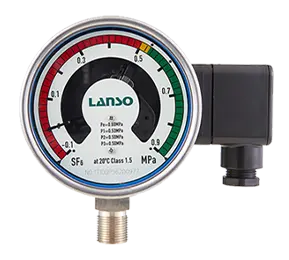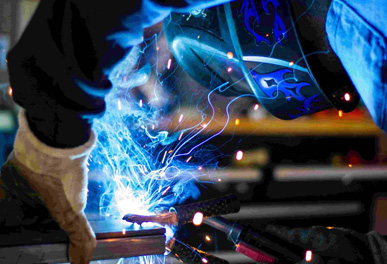SF6 Relay, like other pressure gauges, will experience a certain drift in its alarm and lock-in values after a period of use; in addition, due to the infrequent action of the density relay contacts, the contacts may become insensitive or fail to operate. If not inspected, there is a safety hazard. SF6 Relay Quality issues are as follows:
The anti-vibration performance is not up to standard, after a strong impact during the switching operation, faults such as pointer sticking, contacts permanently failing to operate (no action or continuous action), and excessive deviation may occur.
Due to oil leakage, the anti-vibration performance of the SF6 Relay decreases, and after a strong impact during the switching operation, faults such as pointer sticking, contacts permanently failing to operate (no action or continuous action), and excessive deviation may occur.
Due to the commonly used magnetic-assist electrical contacts in the SF6 Relay, the contact closure force is small, the time is slightly longer, when the contacts rust, the contacts will not conduct or have unreliable contact. For the oil-free type, the magnetic-assist electrical contacts are exposed to the air, making them prone to oxidation or dust accumulation, resulting in poor or unreliable contact; for the oil-filled type, although the magnetic-assist electrical contact points are immersed in silicone oil, over time, after several operations, their contact performance may decrease, and because the oil film has an insulating effect, the contact points may also have poor or unreliable contact.
Due to inadequate aging or material issues, over time, drift may occur, causing a significant increase in inaccuracy (stress has not been relieved).
For relative cavity-type density relays, due to internal or external reasons, the standard cavity may leak, resulting in large errors or failures in operation.







